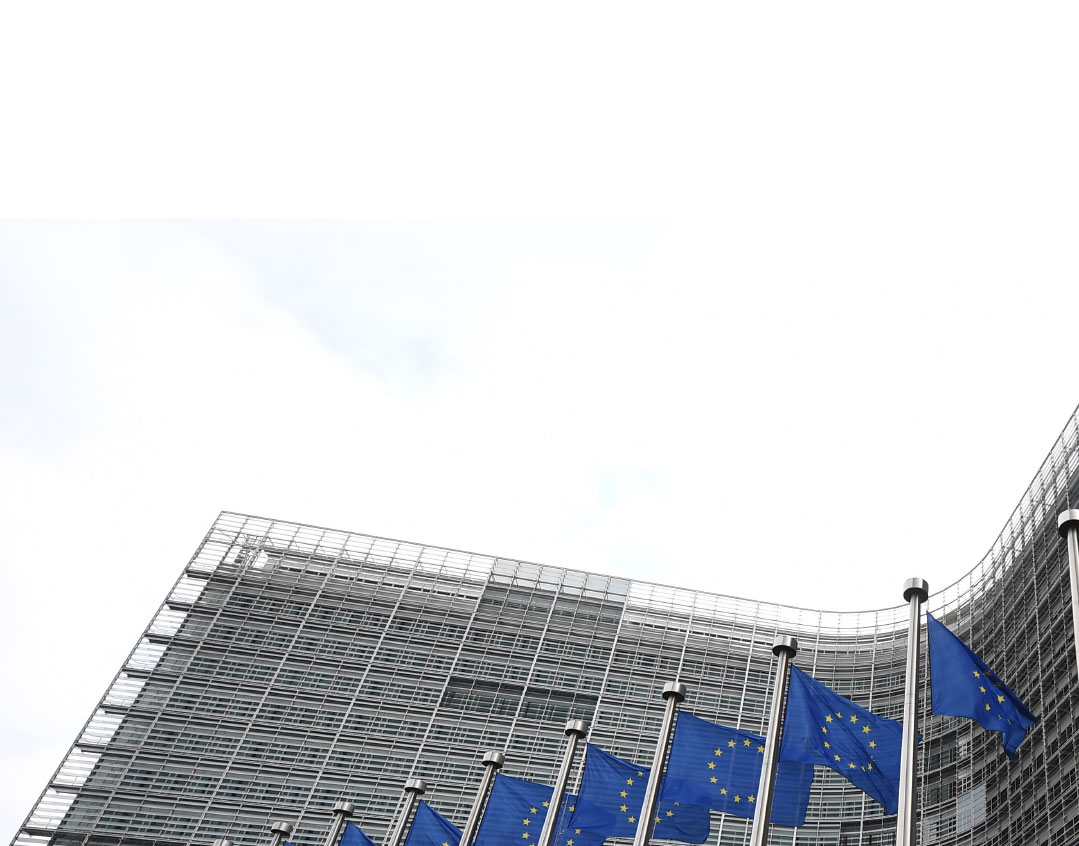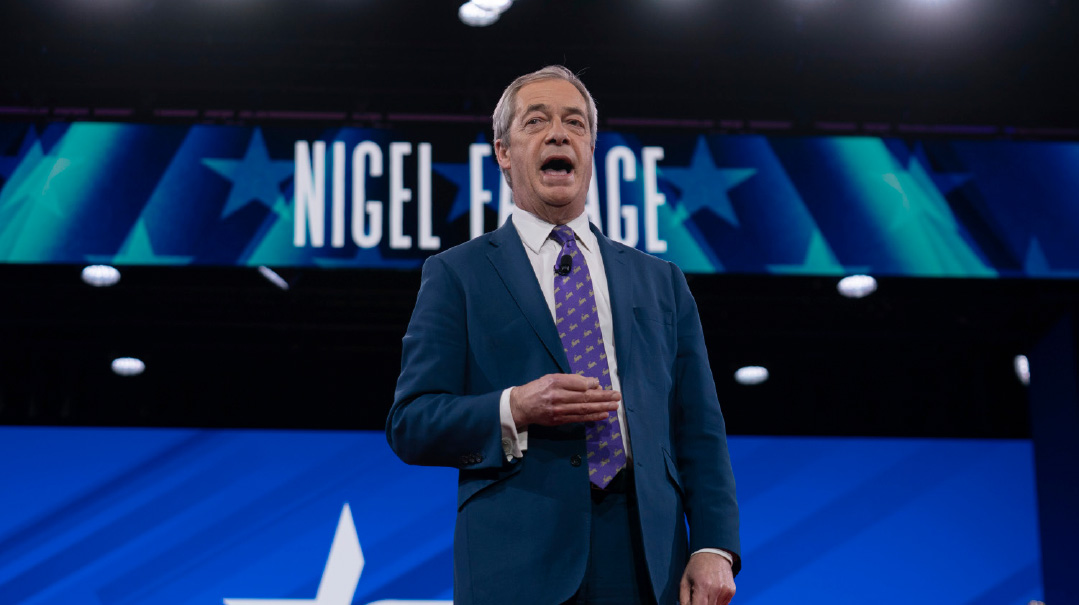The EU View

Four takeaways from the European Parliament election results

W
hile Britain’s showing in the European Parliament election was a gauge of Brexit sentiment, for the other 27 European Union countries, the vote will determine how much money French farmers, Polish highways, and pan-European culture will get from the Brussels bureaucrats.
And while it’s difficult to weave grand narratives about a political grouping of such diverse countries, the election results show some clear trends. Here are four takeaways:
- Euroskeptics won’t destroy the EU Immediately after the results were announced, EU Secretary-General Martin Selmayr, a powerful bureaucrat who has been called the “Beast of the Berlaymont” (the European Commission HQ), said that “the so-called populist wave was contained.” Despite taking 112 out of 751 seats in the Parliament, the two populist and Eurosceptic groupings (French far-right leader Marine Le Pen’s ENF and Nigel Farage’s EFDD) failed to gain the third of seats they’d been aiming for. That means anti-EU forces can’t remake the organization from within. But populists don’t need to win outright in order to exercise power; the rise of these forces has already ruled out a return to yesteryear’s open European borders.
- Expect green bananas If the nationalist right did well, so did Europe’s progressive left. The Greens got 69 seats, or 9.2% of the vote. The EU is a place where environmentalism is top of the agenda, as is heavy-handed policymaking (witness the notorious “bendy bananas” law). So expect more calls for Europe to show global leadership on things that really matter, like green policy.
- The center shrinks — again It’s already a cliché, but some clichés are worth restating: Europe’s political center is shrinking. For the first time, the EPP (center-right), and S&D won’t be able to form a grand coalition together. The EPP fell from 221 to 179 seats, and the S&D went from 191 to 152. This gives more power to potential coalition partners, and is more evidence that the rock-solid consensus that for decades has dominated Europe — and the Western world — has had its day.
- The EU matters Love it or hate it, the EU matters. That is the message of the record turnout of over 50%, up from 42% in 2014. Anti-EU parties worked hard to turn out voters, but pro-European voters were sufficiently spooked by the threat to make the turnout the highest since 1979. That is some comfort for the EU’s leaders: You’re either with us or against us — but you can’t ignore us.
(Originally featured in Mishpacha, Issue 762)
Oops! We could not locate your form.













